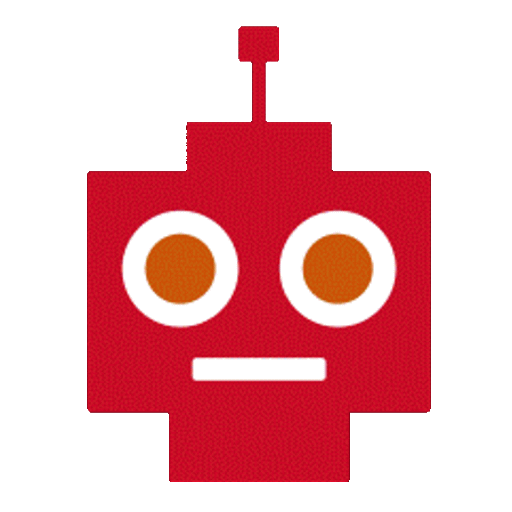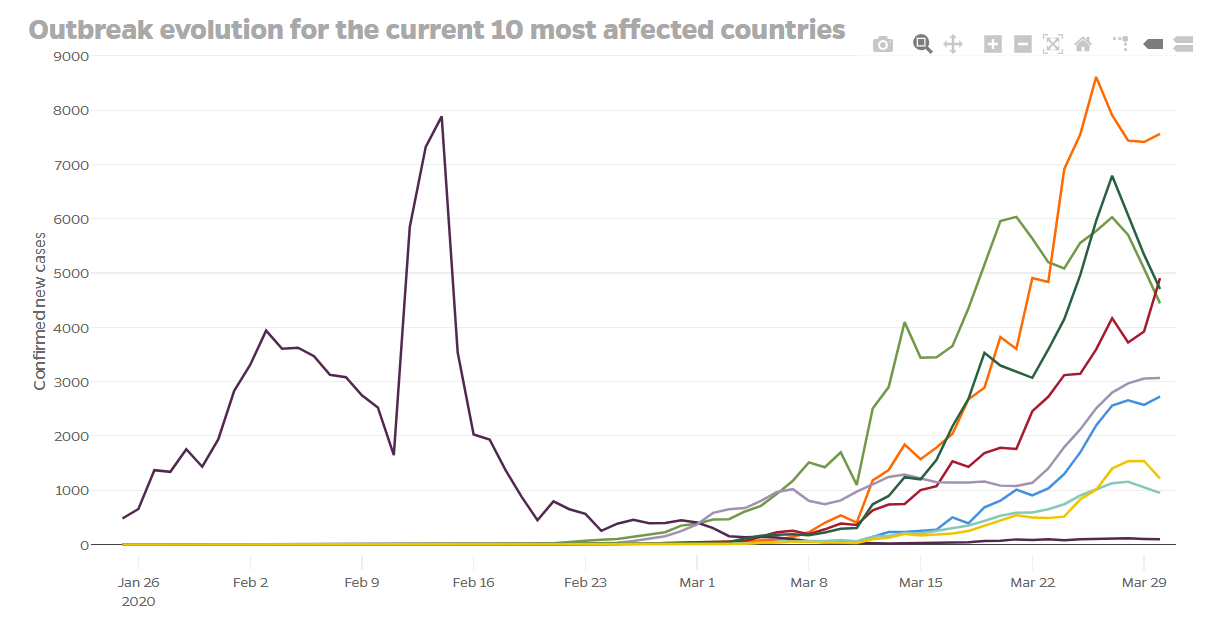1. Much has happened since Why Most Published Research Findings Are False, the much-discussed PLOS essay by John P. A. Ioannidis offering evidence that “false findings may be the majority or even the vast majority of published research claims….” Why are so many findings never replicated? Ioannidis listed study power and bias, the number of studies, and the ratio of true to no relationships among those probed in that scientific field. Also, “the convenient, yet ill-founded strategy of claiming conclusive research findings solely on… formal statistical significance, typically for a p-value less than 0.05.”
Now numerous initiatives address the false-findings problem with innovative publishing models, prohibition of p-values, or study design standards. Ioannidis followed up with 2014’s How to Make More Published Research True, noting improvements in credibility and efficiency in specific fields via “large-scale collaborative research; replication culture; registration; sharing; reproducibility practices; better statistical methods;… reporting and dissemination of research, and training of the scientific workforce.”
2. Speedy decision habits -> Fastest in market -> Winning. Dave Girouard, CEO of personal finance startup Upstart & ex-Google apps head, believes speedy decision-making is essential to competing: For product dev, and other organizational functions. He explains how people can develop speed as a healthy habit. Relatively little is “written about how to develop the institutional and employee muscle necessary to make speed a serious competitive advantage.” Key tip: Deciding *when* a decision will be made from the start is a profound, powerful change that speeds everything up.
3. Busy, a new book by Tony Crabbe (@tonycrabbe), considers why people feel overwhelmed and dissatisfied – and suggests steps for improving their personal & work lives. Psychological and business research are translated into practical tools and skills. The book covers a range of perspectives; one worth noting is “The Perils of Whether or Not” (page 31): Crabbe cites classic decision research demonstrating the benefits of choosing from multiple options, vs. continuously (and busily) grinding through one alternative at a time. BUSY: How to Thrive in a World of Too Much, Grand Central Publishing, $28.
4. Better lucky than smart? Eric McNulty reminds us of a costly, and all-too-common, decision making flaw: Outcome bias, when we evaluate the quality of a decision based on its final result. His strategy+business article explains we should be objectively assessing whether an outcome was achieved by chance or through a sound process – but it’s easy to fall into the trap of positively judging only those efforts with happy endings (@stratandbiz).
5. Fish vs. Frog? It’s about values, not just data. Great reminder from Denis Cuff @DenisCuff of @insidebayarea that the data won’t always tell you where to place value. One SF Bay Area environmental effort to save a fish might be endangering a frog species.
Posted by Tracy Allison Altman on 28-Oct-2016.







